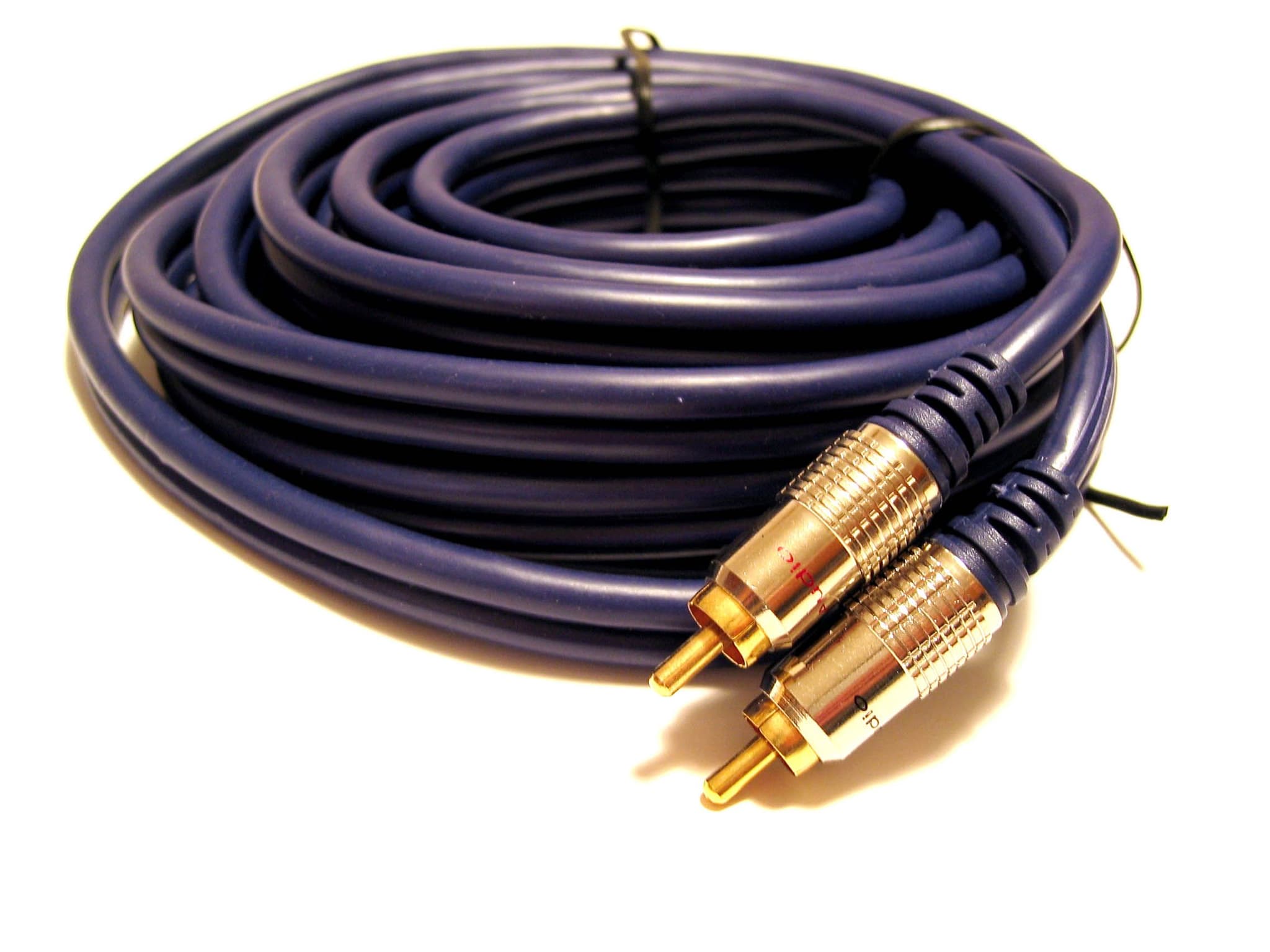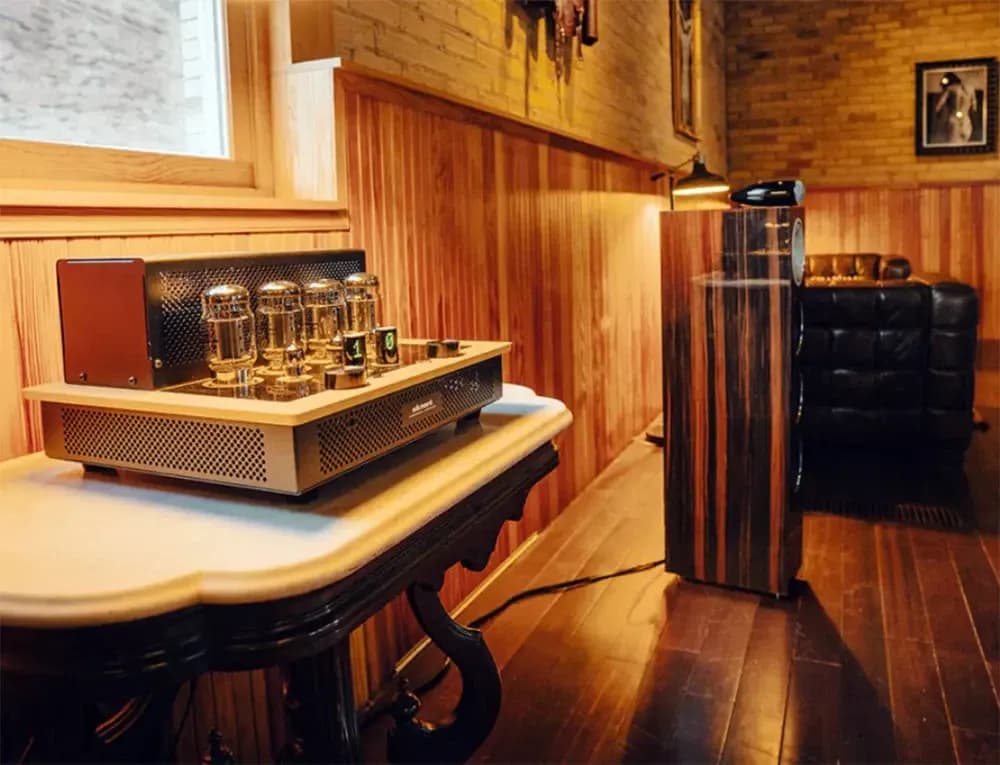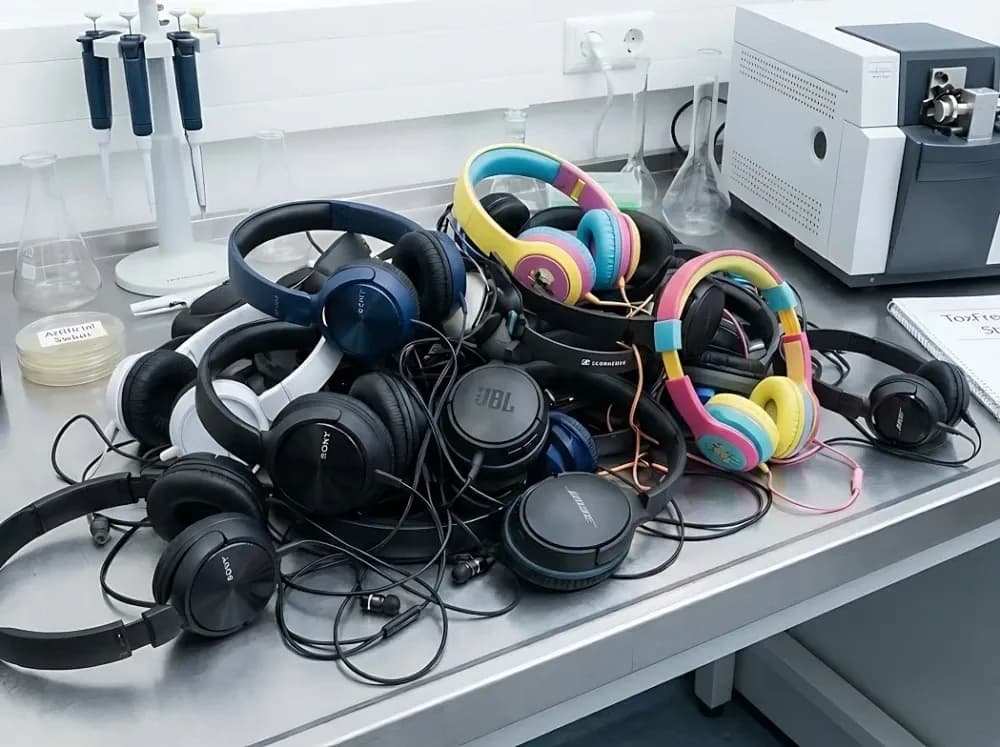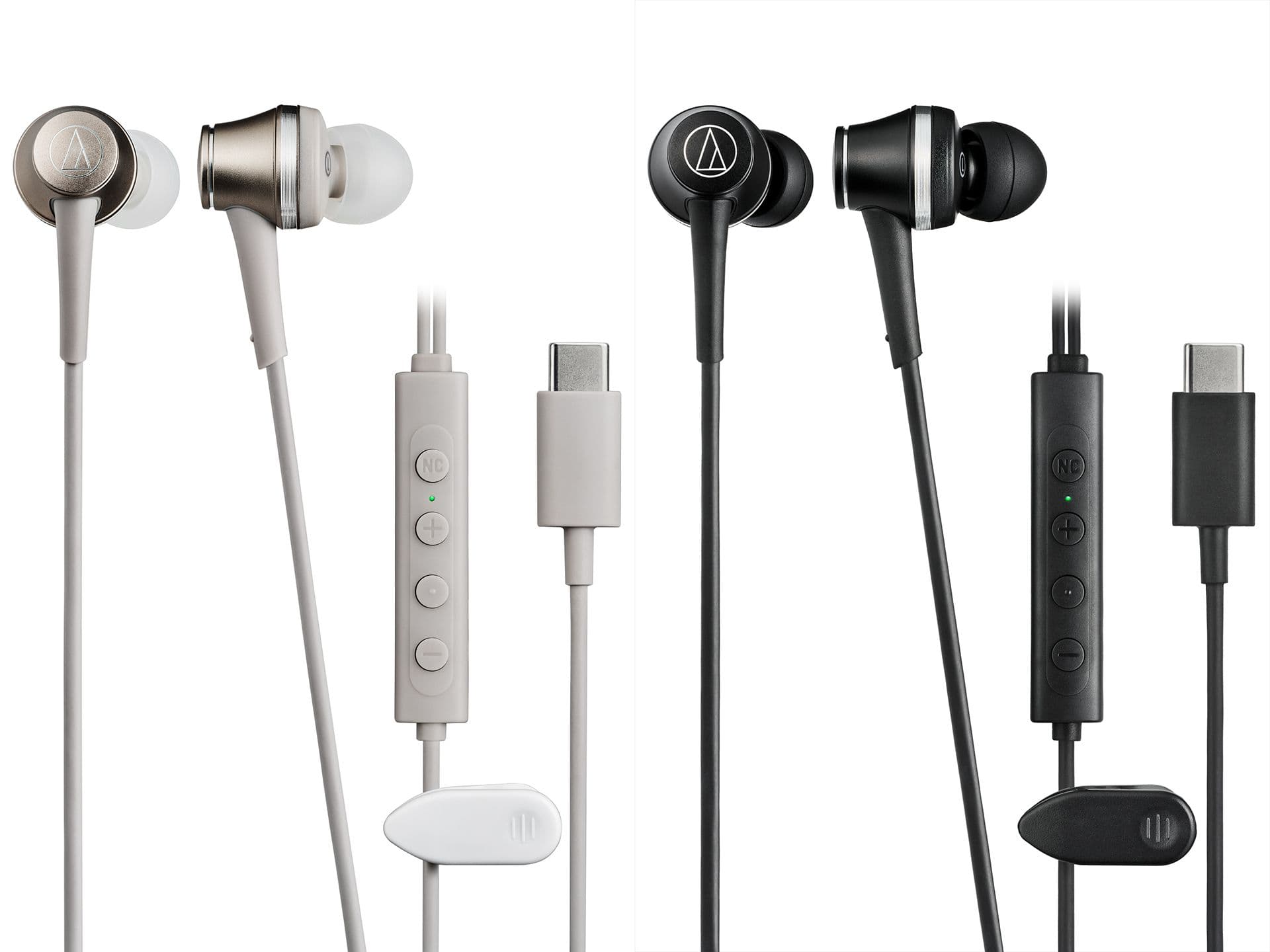The Big Question About Speaker Cables: Do They Make a Difference?
By HiFi Editorial24 February 2026

Key Highlights
Lower gauge cables (e.g., 12-gauge) reduce resistance, improving power delivery, but are bulkier for installation.
Pure copper cables offer better conductivity, striking a balance between performance and cost.
Economical options like Amazon Basics and Monoprice perform well for most setups.
When it comes to setting up a HiFi audio system, one of the most overlooked components is often the speaker cable. While most enthusiasts are happy to invest significant sums in their amplifiers, speakers, and DACs, the speaker cable is often an afterthought. The question that many ask is: Do high-end speaker cables really make a difference?
Different Gauges, Different Needs
The gauge of the speaker cable is its diameter, commonly specified in American Wire Gauge (AWG). A lower gauge means a thicker wire, and consequently, less resistance. For shorter distances, a 16-gauge cable may suffice, but many audio aficionados swear by 12-gauge cables for more demanding setups. The advantage of a lower gauge cable like 12-gauge is that it offers less resistance, ensuring that more of the amplifier's power reaches the speakers. However, lower gauge cables are stiffer and heavier, which can be cumbersome during installation.



